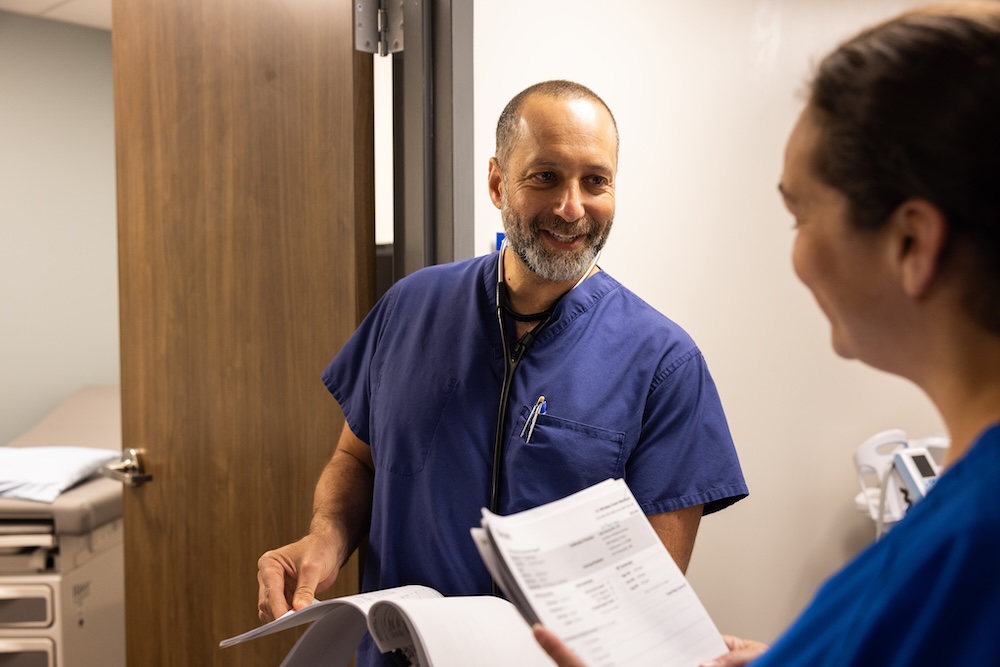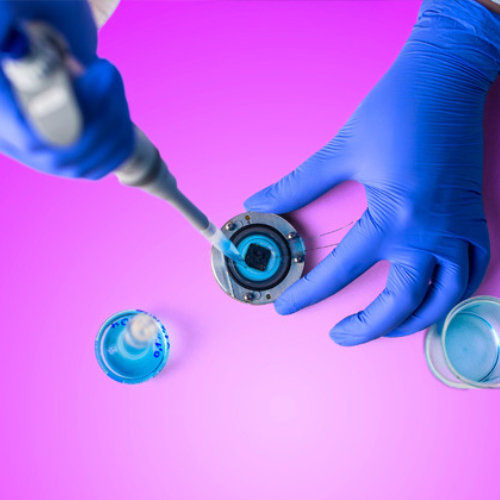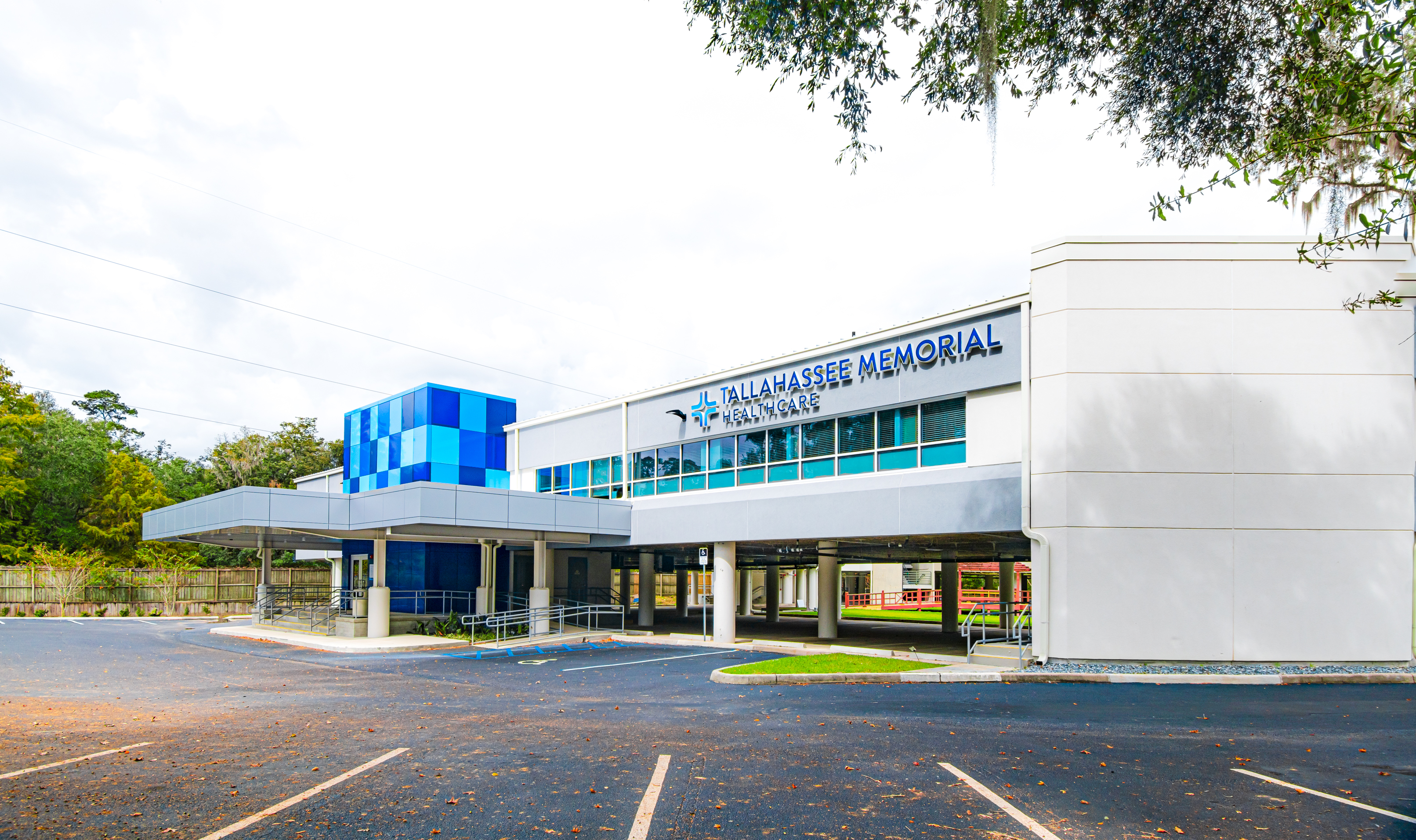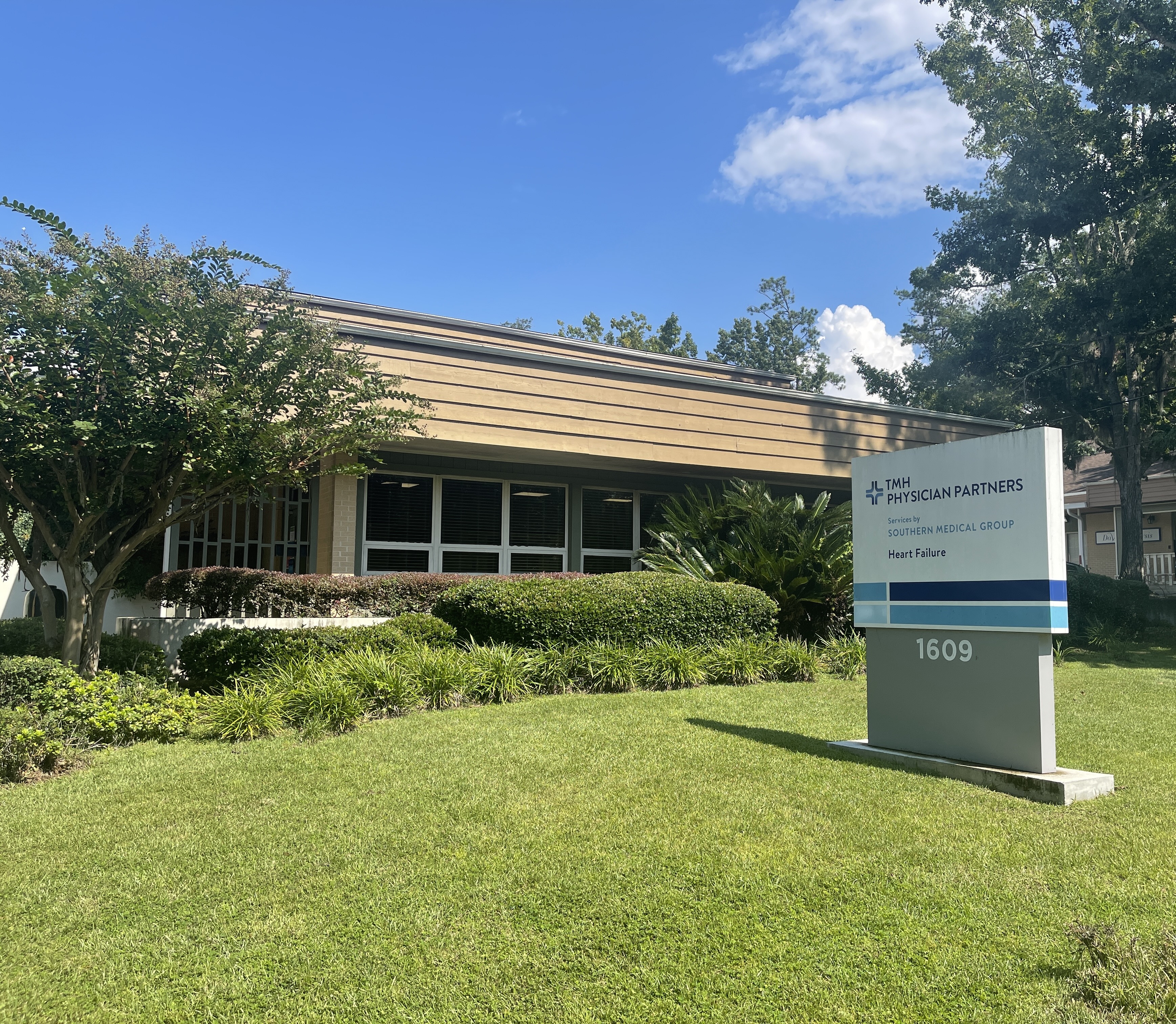Lead Implantation and Extraction Initiatives at TMH Boost Survival, Patient Safety
The lead management and extraction program at Tallahassee Memorial HealthCare (TMH) takes a comprehensive approach to patient safety, aimed at minimizing potential complications and, ultimately, saving lives.
Even with optimal protocols, hospitals offering lead extraction typically see up to 2% of patients develop complications such as cardiac avulsion, vascular tears, pericardial tamponade and pulmonary embolism, making it one of the riskiest procedures performed by electrophysiologists. Approximately 0.5% of patients who undergo lead extraction die during or shortly after the procedure.1
 For this reason, only a select number of regional health systems offer lead extraction, according to Venkata Bavikati, MD, an electrophysiologist with TMH Physician Partners, Services by Southern Medical Group.
For this reason, only a select number of regional health systems offer lead extraction, according to Venkata Bavikati, MD, an electrophysiologist with TMH Physician Partners, Services by Southern Medical Group.
“Not only are we one of the few centers in the region performing lead extraction, but we are also a high-volume center,” Dr. Bavikati said. “Collectively, our staff has completed hundreds of these procedures, and our rates of complications and postoperative infections are lower than the national averages.”
This procedural expertise is critical for safety and efficacy. Studies show complication rates are highest among electrophysiologists performing fewer than 60 extractions over a four-year period.
Even experienced electrophysiologists may encounter complications, which is why the TMH team includes cardiovascular surgeons in the operating room during these procedures to address potential issues immediately.
“Most hospitals only have cardiovascular surgeons on standby during extractions,” Dr. Bavikati explained. “We are one of the few centers where surgeons are in the OR during the entire procedure. This proactive approach exceeds the minimum lead extraction and management recommendations, distinguishing us nationally.”
Lead extraction involves removing a device lead implanted for more than a year, using specialized extraction tools. While most heart rhythm device leads will eventually need extraction and replacement, the goal of electrophysiologists at Southern Medical Group and TMH is to reduce the need for these complex procedures.
“The longevity of any device and its leads depends on the implanting technique,” Dr. Bavikati explained. “Improperly implanted devices and leads are prone to mechanical stresses, such as insulation breaches or fractures. Every step matters. Proper implantation significantly extends device and lead longevity.”
Once a device is implanted at TMH, a multidisciplinary team of electrophysiologists and electrophysiology nurse practitioners closely monitors patients to detect lead issues early, before complications arise.
“This includes identifying issues such as failure to pace, inappropriate shocks or other signs of lead malfunction,” Dr. Bavikati added.
TMH’s focus on optimal lead implantation and safe extraction has established the hospital as a national leader in this subspecialty.
“Our approach has literally saved lives,” Dr. Bavikati emphasized.
References
- Wazni O, Epstein LM, Carrillo RG, et al. Lead extraction in the contemporary setting: the LExICon study: an observational retrospective study of consecutive laser lead extractions. J Am Coll Cardiol. 2010;55(6):579-586.
- Belott PH. Lead extraction using the femoral vein. Heart Rhythm. 2007;4(8):1102-1107.




